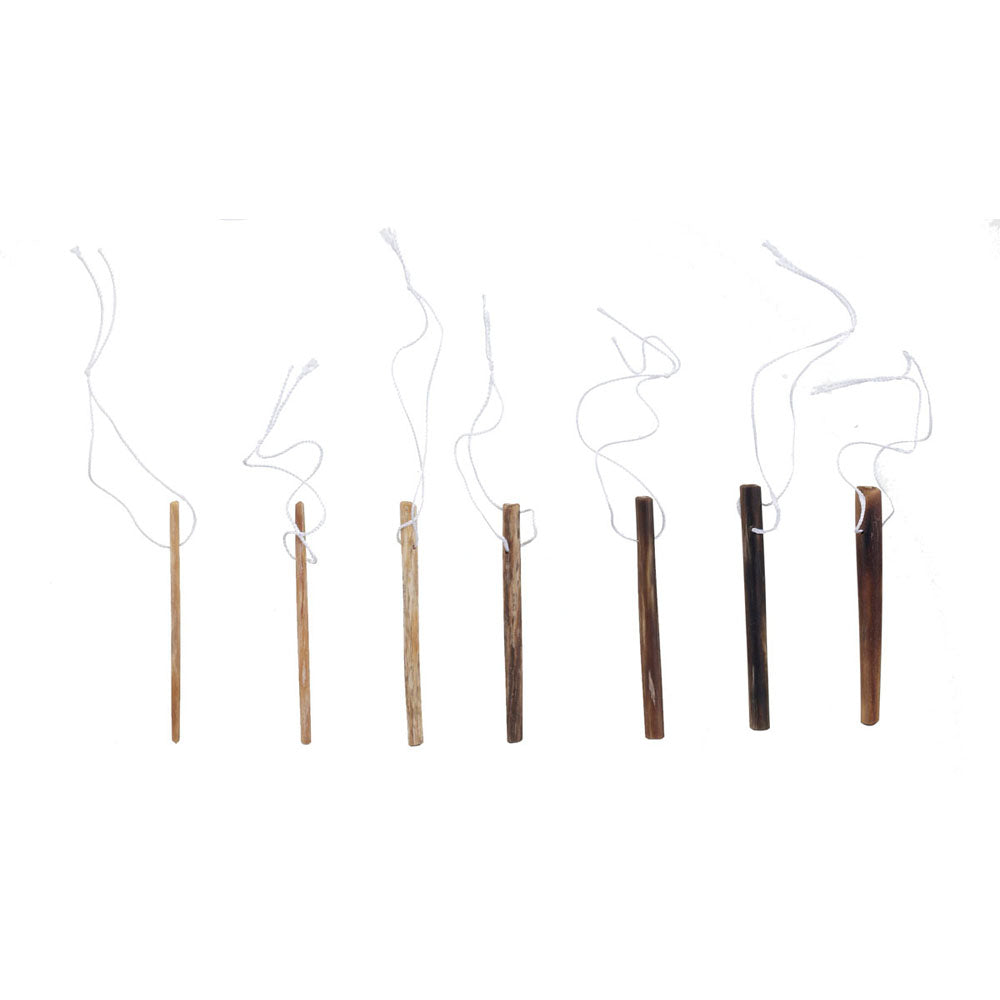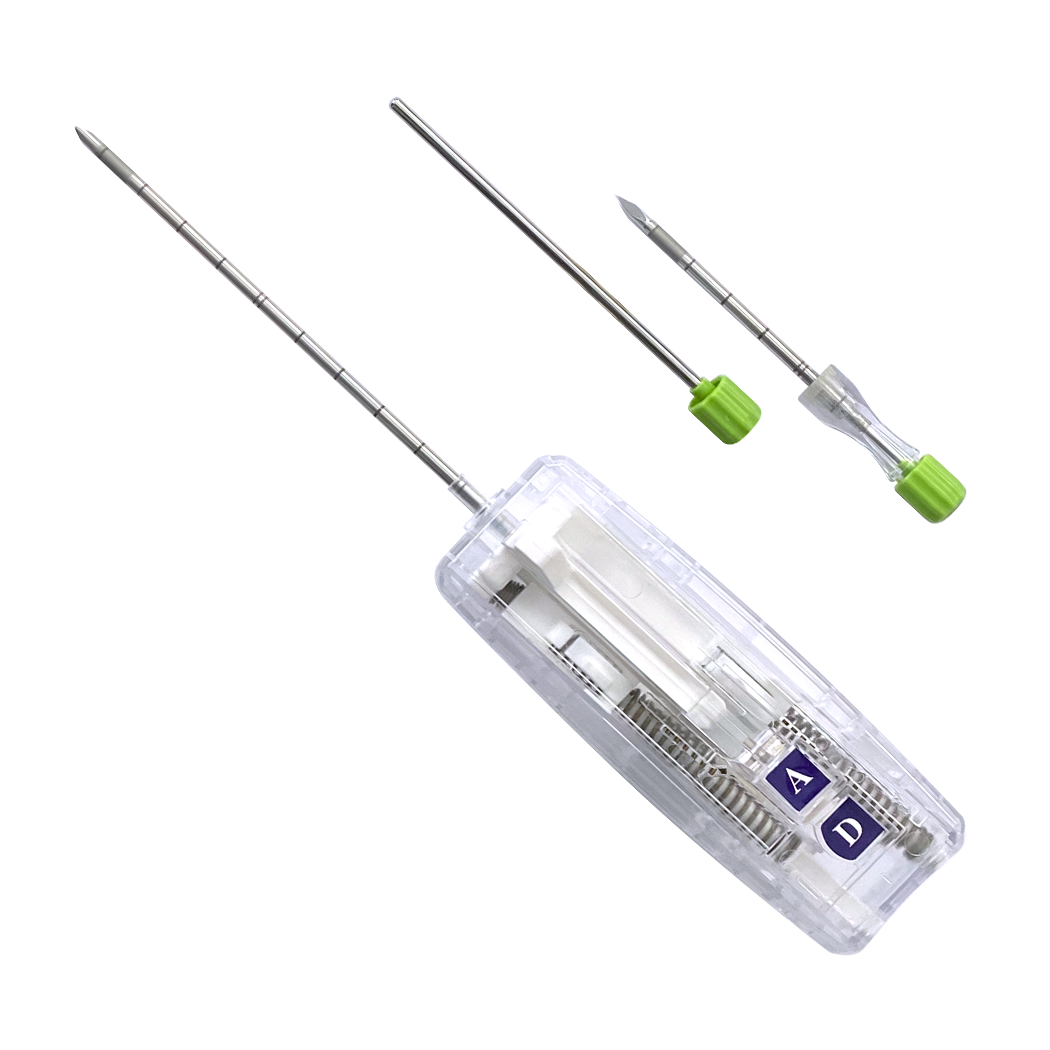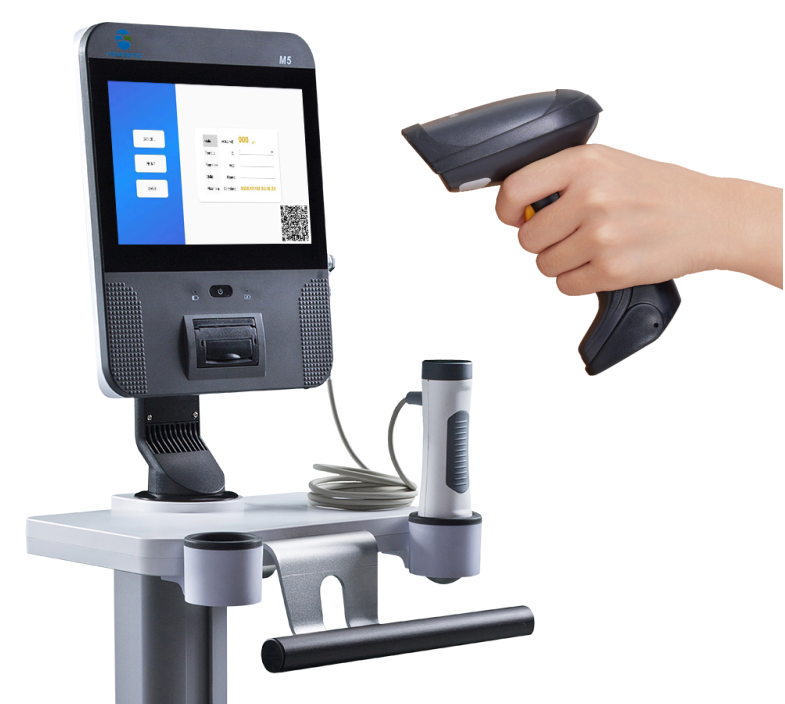Just-in-time (JIT) is an inventory control method that involves ordering items just in time to be used, rather than keeping large inventory on hand. This can help to reduce the amount of storage space and money required to hold inventory, and can also help to avoid the cost of disposing of expired or obsolete items.
In healthcare, JIT can be used to manage a wide range of medical supplies, including drugs, equipment, and personal protective equipment (PPE). By ordering items just in time to be used, hospitals can reduce the amount of storage space and money required to hold inventory. This can be particularly important in situations where space is limited, such as in urban hospitals.
Additionally, JIT can help hospitals to avoid the cost of disposing of expired or obsolete items. By ordering items just in time to be used, hospitals can ensure that they are not purchasing more than they need, which can help to reduce waste and improve efficiency.
However, JIT also have some drawbacks, such as the need for accurate forecasting and the risk of stockouts if demand is not predictable. Hospitals should consider carefully the potential benefits and drawbacks of JIT before implementing it, and should also have a contingency plan in case of stockouts.
It's important to note that JIT inventory management should be implemented with a combination of other inventory management methodologies such as forecasting, safety stock, and lead time management for a more robust and effective inventory management system.




